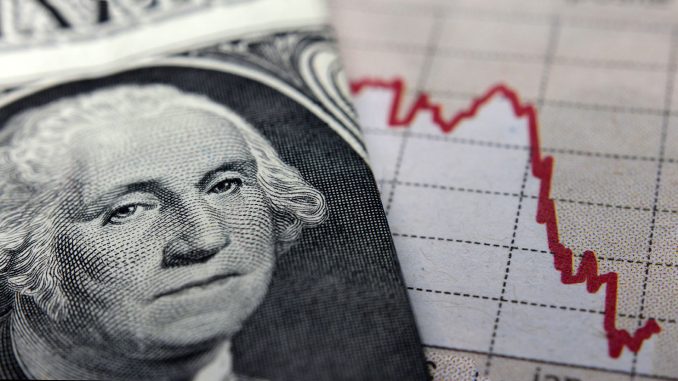
By Hank Russell
A recent report from New York State Comptroller Thomas DiNapoli’s office found that the Metropolitan Transit Authority (MTA) will be facing budget gaps in the coming years, with the agency possibly reaching a $652 million hole by 2028.
After a brief period of financial stability secured by an infusion of state funds last year, the Metropolitan Transportation Authority (MTA) now faces growing fiscal uncertainties and risks that create projected budget gaps that start at $211 million this year and increase to $623 million in 2027 and to $652 million in the next four years, according to the comptroller.
“A year ago, the MTA was looking forward to a period of solid fiscal health, but its financial condition has quickly turned from stable back to uncertain,” DiNapoli said in a statement. “Paid ridership is not coming back as fast as the MTA hoped. With farebox and tax revenues down, a pause on congestion pricing and other financial risks, significant operating budget gaps could again be on the horizon. This is a very real and troubling possibility.”
DiNapoli’s report highlights how uneven the ridership recovery has been across the MTA’s various systems — Long Island Rail Road is closest to pre-pandemic levels, but weekday service is still down around 20%.
According to the report, LIRR ridership fell by two-thirds (76%) to 30.3 million in 2020, compared to 91.1 million in 2019, the highest level since 1949. “The July Plan expects ridership to slowly recover, reaching 75.6 million in 2027 and then stabilizing, still about 17 percent lower than 2019 levels,” the report stated.
During a press conference, MTA Chairman/CEO Janno Lieber addressed the report. “All of the stuff that the comptroller is looking at, we have been both talking about, making sure the public understood it, talking about it in all of our budget discussions and our board meetings,” he said.
Lieber said the MTA is “addressing the risks” associated with the budget and “making sure” the agency can save $500 million without sacrificing services or layoffs.
“We’re making sure that we’re doing everything to increase ridership income and cut down on fare evasion,” he said. “We’re making the case that we need a certain amount of capital dollars so we don’t have to borrow more money, which hurts the operating budget.”
Lieber pointed out the budget is 3% lower than before Covid happened. When asked what would happen if there was a huge gap in the budget. he said he will look to the federal government, the state and the city for assistance. “If we have some huge budget shortfall, we will be left with no choice [but to] increase fares dramatically, or we cut services — both terrible, terrible options we don’t want to do.”

